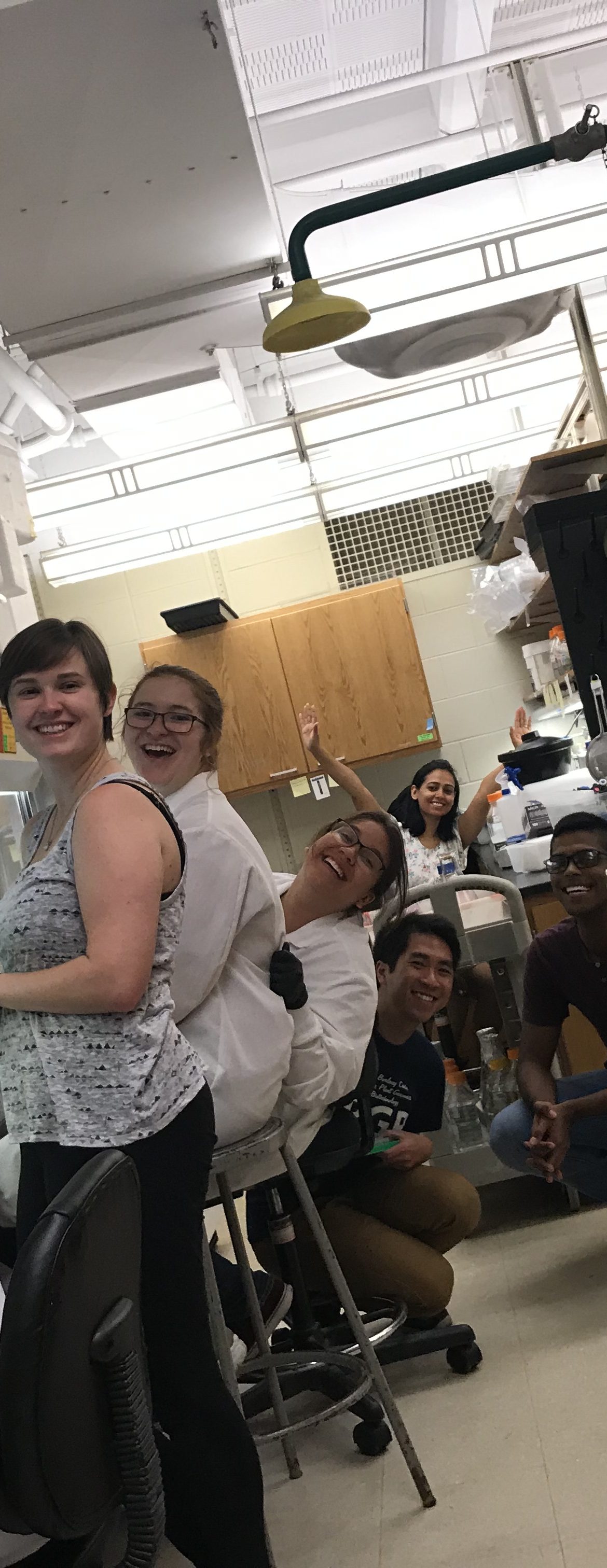Plants are surrounded by microbial and insect pathogens from which they must defend themselves. Perception and response start at the cellular level and must be balanced with development and physiological pathways for optimal plant growth. Understanding the cellular interactions between plants and microbes is critical to developing plants that can withstand biotic stress. Our major questions include:
How do plants balance development, physiological, and immune pathways to ensure resilience to biotic stress?
How do pathogens manipulate plant cells to cause disease?
What host factors contribute to resistance or susceptibility in crops?
To address these questions, we focus on two pathosystems: 1. Tomato and the soilborne bacterial pathogen Ralstonia solanacearum, causal agent of bacterial wilt disease, and 2. Maize and the foliar pathogen Phyllachora maydis, causal agent of tar spot disease.
